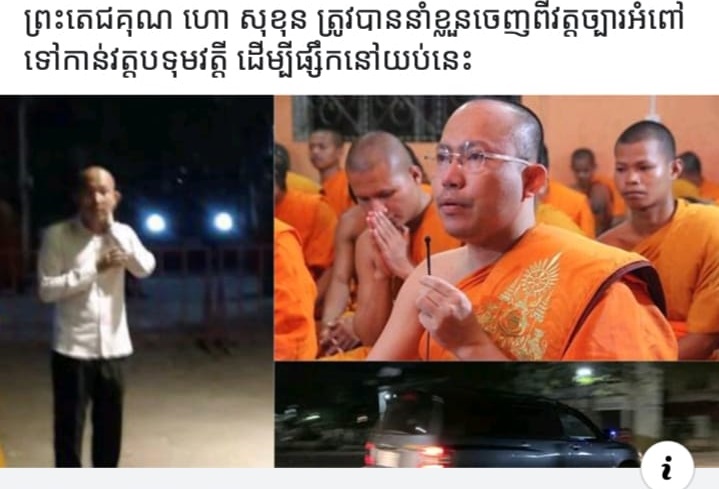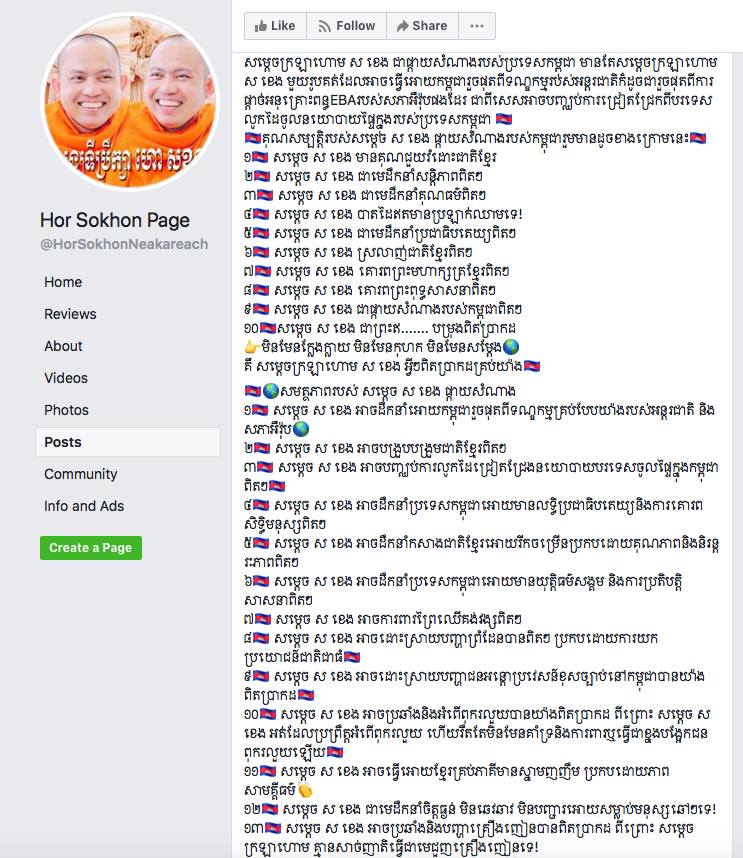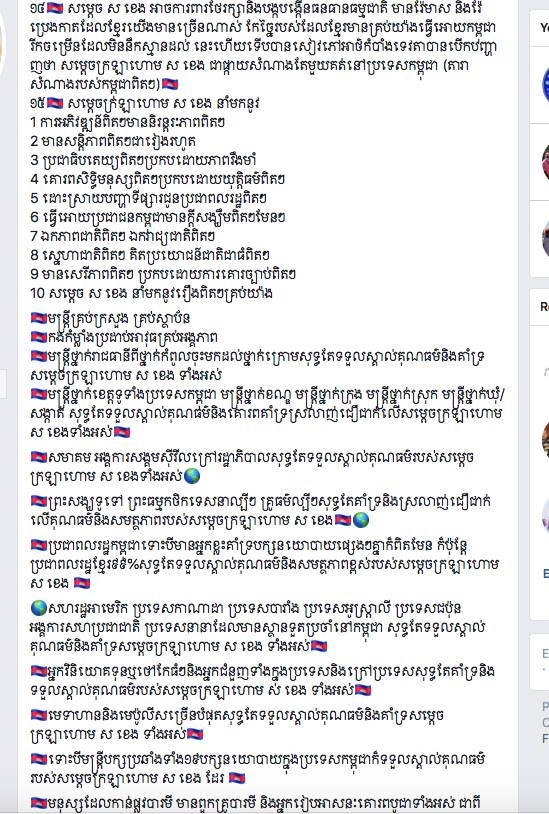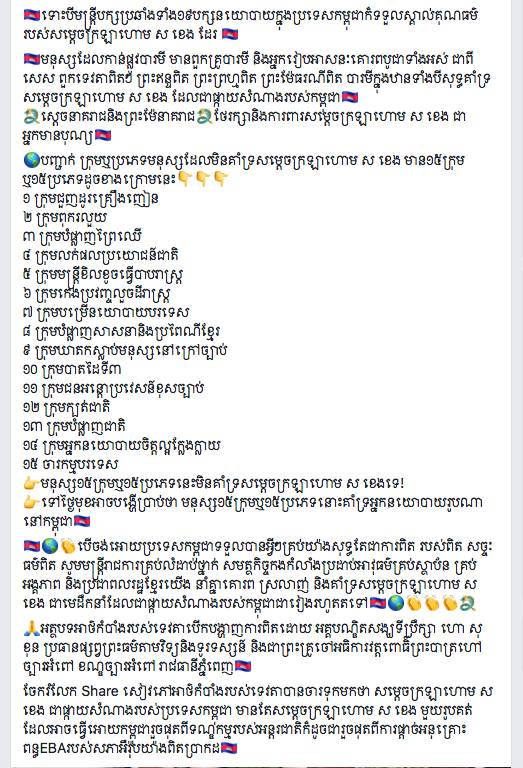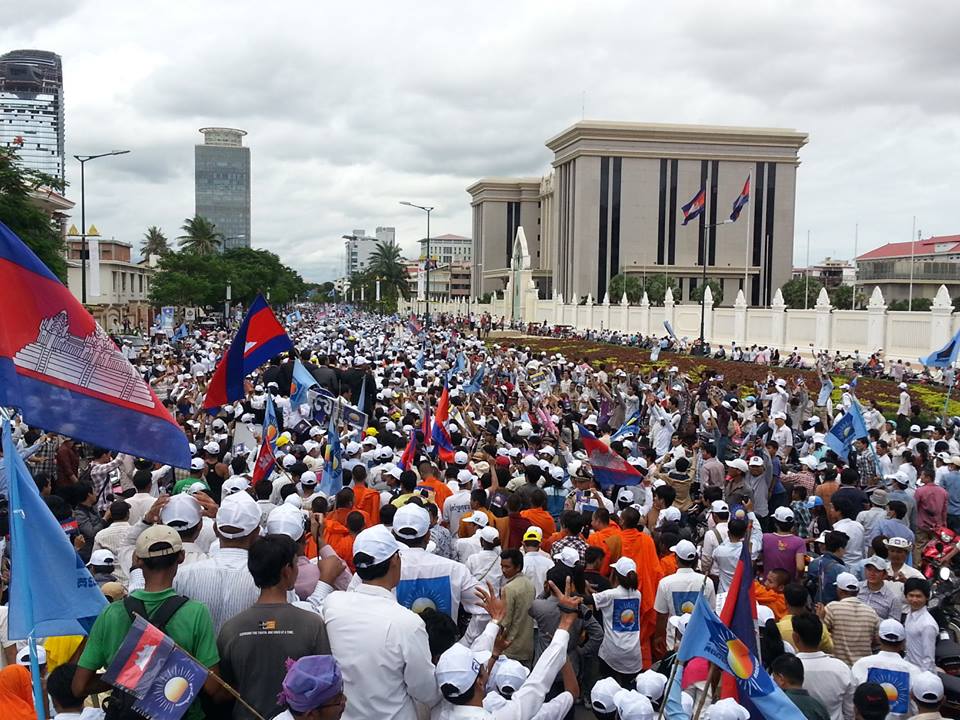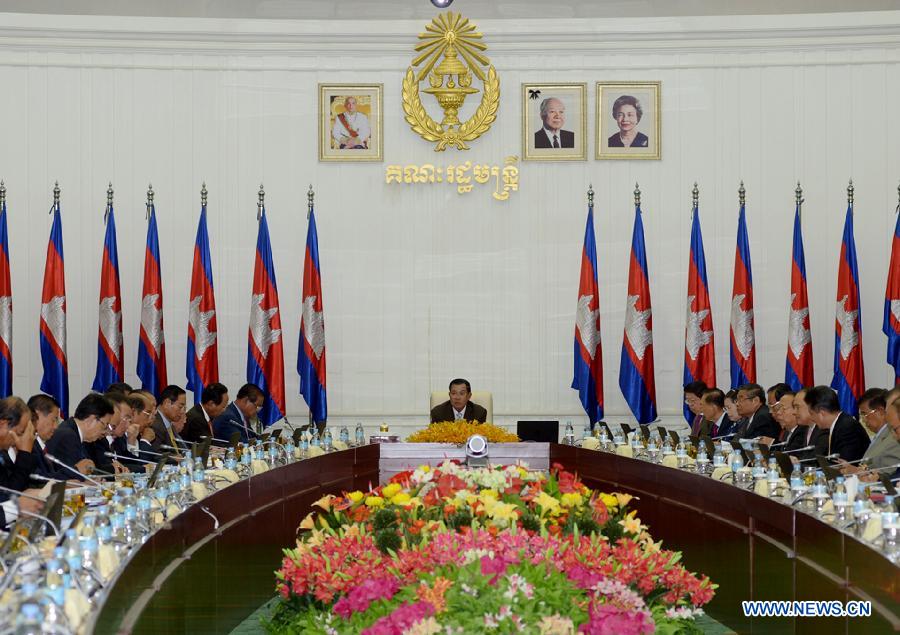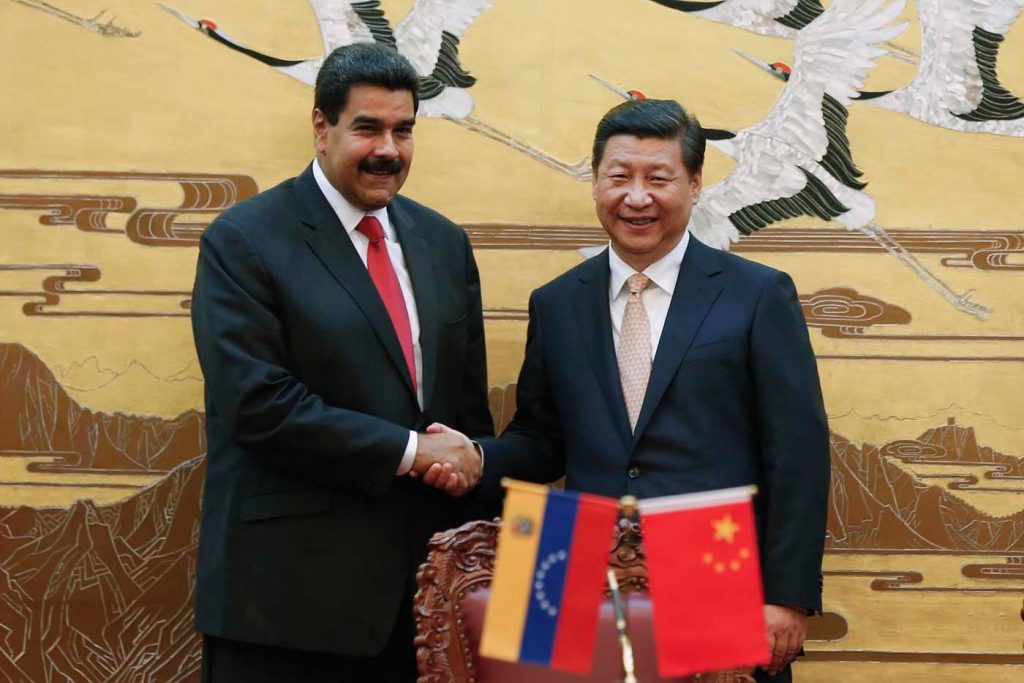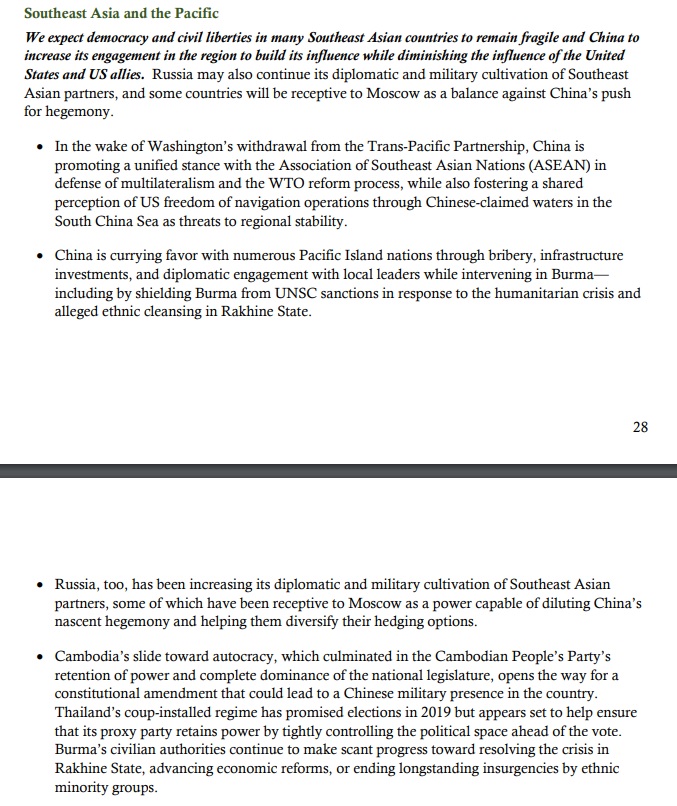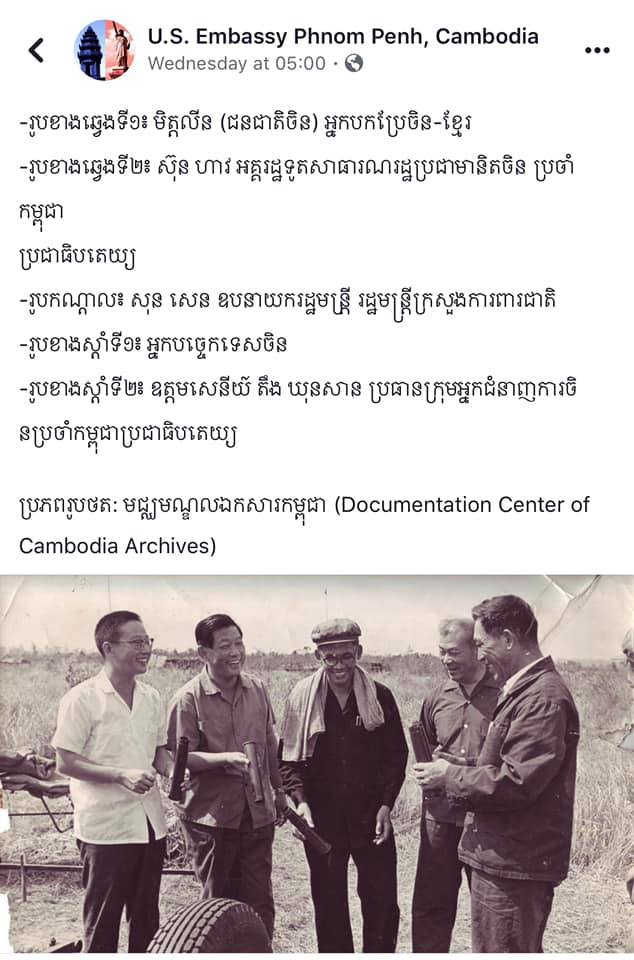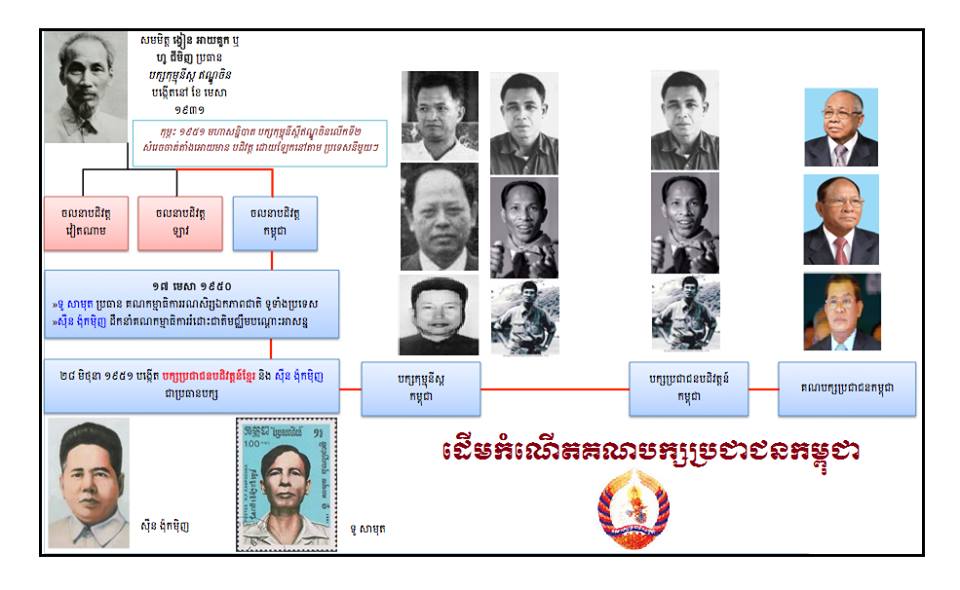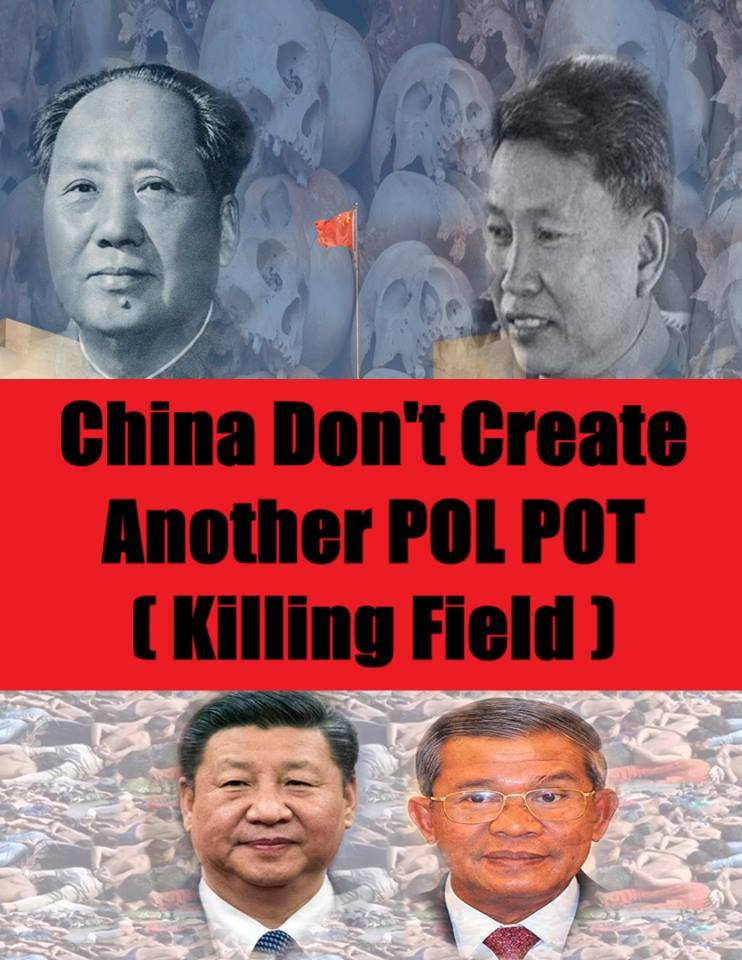Is Cambodia’s Koh Kong project for Chinese tourists – or China’s military?
- A tourism development by the Chinese firm Union Development Group looks too good to be true
- Sceptics say it is – and that its suspiciously long airport runway and deep water port will give China a military foothold in the country
សង្ខេបអត្ថបទជាភាសាខ្មែរ៖ អត្ថបទនេះបញ្ជាក់ពីបំណងរបស់ចិនក្នុងការអភិវឌ្ឍន៌ដីសម្បទាសេដ្ឋកិច្ចអោយក្រុមហ៊ុនឯកជនចិនចំនួន៤៥០០០ហិចតាថាជាចេតនាបង្កើតមូលដ្ឋានទ័ពរបស់ចិនក្នុងការទប់ស្កាត់និងវាយលុកករណីចិនតៃវ៉ាន់ ជំលោះប្រជុំកោះស្ព្រែតលីឈូងសមុទ្រចិនខាងត្បូង និងការដឹកជញ្ជូនថាមពលធំបំផុតរបស់ចិនតាមច្រកមា៉ឡាកា។ ភស្តុតាងមានដូចជា៖ ១. រូបថតផ្លូវចំណតយន្តហោះខ្នាតធំប្រវែង៣៤០០ម៉ែតដែលហួសពីការវិនិយោគជាកាសុីណូនិងអូតែល ២. ច្បាប់សម្បទានដីរបស់កម្ពុជាមិនអនុញ្ញាតអោយទំហំធំបែបនេះទេ ៣. ទំហំដីសម្បទាននេះអាចលាតសន្ធឹងលើសួនឧទ្យានជាតិដែលហាមឃាត់ ៤. តំបន់នេះជាចំណុចខ្លាញ់ភូមិសាស្ត្រនយោបាយរបស់ចិន ៥. ហ៊ុន-សែនអាចជាមនុស្សម្នាក់គត់ដែលបានអនុមត្តិគំរោងនេះអោយចិន ៦. ក្នុងរយៈពេលតែ២ខែផ្លូវចតយន្តហោះខ្នាតធំត្រូវបានគេធ្វើរួចដែលអាចចំណាយទុនមហាសាល ៧. ចិនបានធ្លាប់ច្បាមយកកំពង់ផែសិរីលង្កា ឡាវ ភូមា និងប៉ាគីស្ថាន ៨. ចុងក្រោយចិននឹងប្រើលេសថាជាកំពង់ផែក្រោមក្របខណ្ឌអង្គការសហប្រជាជាតិប៉ុន្តែខ្លួនជាអ្នកគ្រប់គ្រងទាំងស្រុង។
Andrew Nachemson , Op-Ed: South China Morning Post (SCMP)
This Week in Asia: Is Cambodia’s Koh Kong project for Chinese tourists – or China’s military?

It’s only natural that Beijing might show an interest in a tourism development that aims to lure big-spending Chinese tourists to the shores of Cambodia with the promise of casinos, golf courses and luxury resorts.
After all, Cambodia granted 45,000 hectares of its prime real estate in Koh Kong province – and 20 per cent of its coastline – to private Chinese company Union Development Group, just so it could build this supposed tourism Mecca, and all for a peppercorn rent that will start at just US$1 million per year.
At least, that’s the official version. But sceptics who say the terms of this deal are too good to be true think there’s another reason for China’s interest: they believe the development is as much about welcoming the Chinese military as it is about Chinese tourists.
Such scepticism has grown louder recently, with the release of satellite images from the European Space Agency showing that the runway for the site’s airport is far longer than is required for civilian aircraft.
‘They only go to Chinese shops’: why Cambodia’s influx of mainland tourists is causing tensions
Cambodian officials have already been at pains to deny that the project’s deep water port could serve Chinese military interests, so questions over the runway have only fuelled claims that the development serves a dual purpose.
“The runway is about 3,400 meters long, which is larger than the international airport in Phnom Penh and could accommodate any plane in the Chinese air force,” said Gregory Poling, director of the Asia Maritime Transparency Initiative at the Centre for Strategic and International Studies.
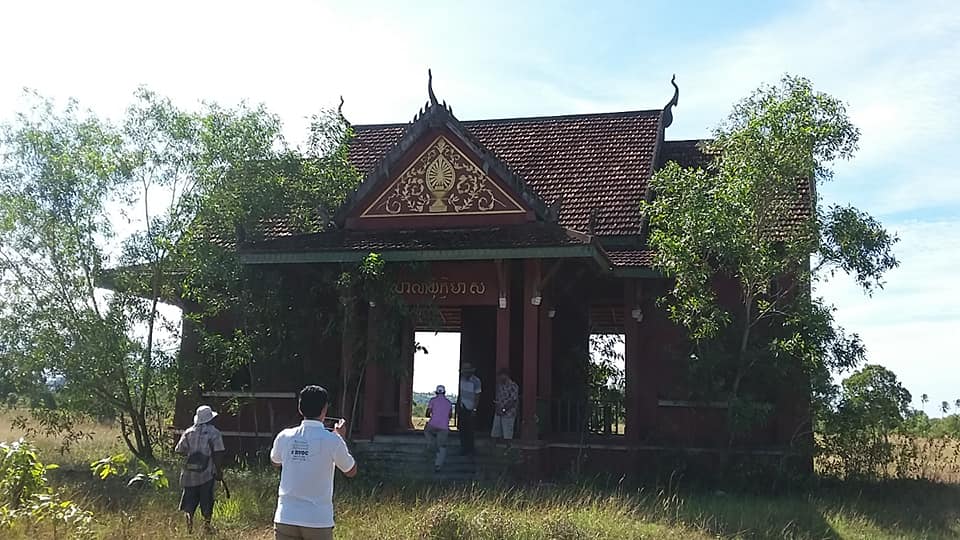
Courtesy: Dr. Lao Mong Hay
“It is also in a rather secluded location for such a large airport if it were for civilian purposes. The only thing nearby would be the Koh Kong casino/resort project, which as I understand it hasn’t seen much success so far,” Poling said. Reports says construction work at the Koh Kong project has been stalled for months.
As to whether the project is intended for military use, Poling said there was “a lot of smoke but no fire”, but he added: “if there is any country in Southeast Asia where the Chinese might be able to gain a rotational military presence, it would be Cambodia”.
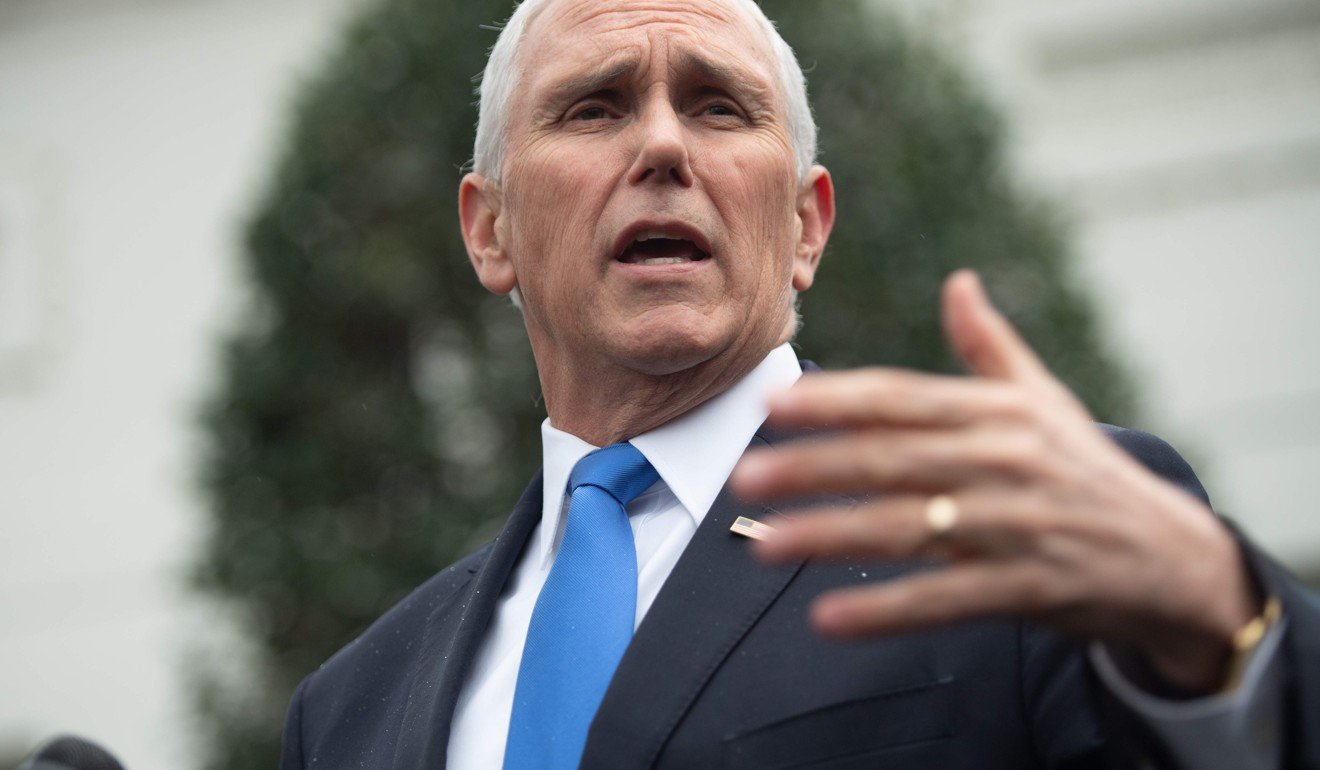
The satellite images suggest there was a flurry of construction on the runway after US Vice-President Mike Pence delivered a letter to Cambodian Prime Minister Hun Sen in November, expressing concern that the project had a military use.
Most of the runway was completed in just two months and it is significantly larger than the Federal Aviation Administration’s recommendation of 2,800 metres for a Boeing 787-900.
Union Development Group may be a private Chinese company, but the development has long been suspected of having government connections.
Zhang Gaoli, the former vice-premier of China and chairman of the leading group for Beijing’s Belt and Road Initiative, backed the project from the beginning, presiding over the signing of the agreement between UDG and Cambodia. The project has also received multiple visits from other Chinese Communist Party figures, including Wang Qinmin, vice-chairman of the Chinese People’s Political Consultative Conference.
Japan plays China’s game in Cambodia. Hun Sen wins
And as a private venture, many question the viability of its bottom line. As another Western military expert put it: “The scale of the development by China’s Union Development Group appears inconsistent with the commercial potential of the area, raising questions about its financial viability and sustainability, possible dual-use and military applications, as well as the ultimate intent of involved stakeholders.”
SOUND FAMILIAR?
Cambodian Defence Ministry spokesman Chum Socheat could not be reached despite repeated attempts, while government spokesman Phay Siphan said he had “no idea” whether the Cambodian government had any oversight of the project.
However, Paul Chambers, a regional analyst at Naresuan University, previously told This Week in Asia that senior Cambodian officials privately admitted that Hun Sen was considering approving a Chinese naval base there.
Chambers likened the Koh Kong project to Chinese projects in Laos and Sri Lanka. Sri Lanka handed over control of its Hambantota Port to China on a 99-year lease after it became unable to meet its debt obligations to Beijing, which had financed its construction.
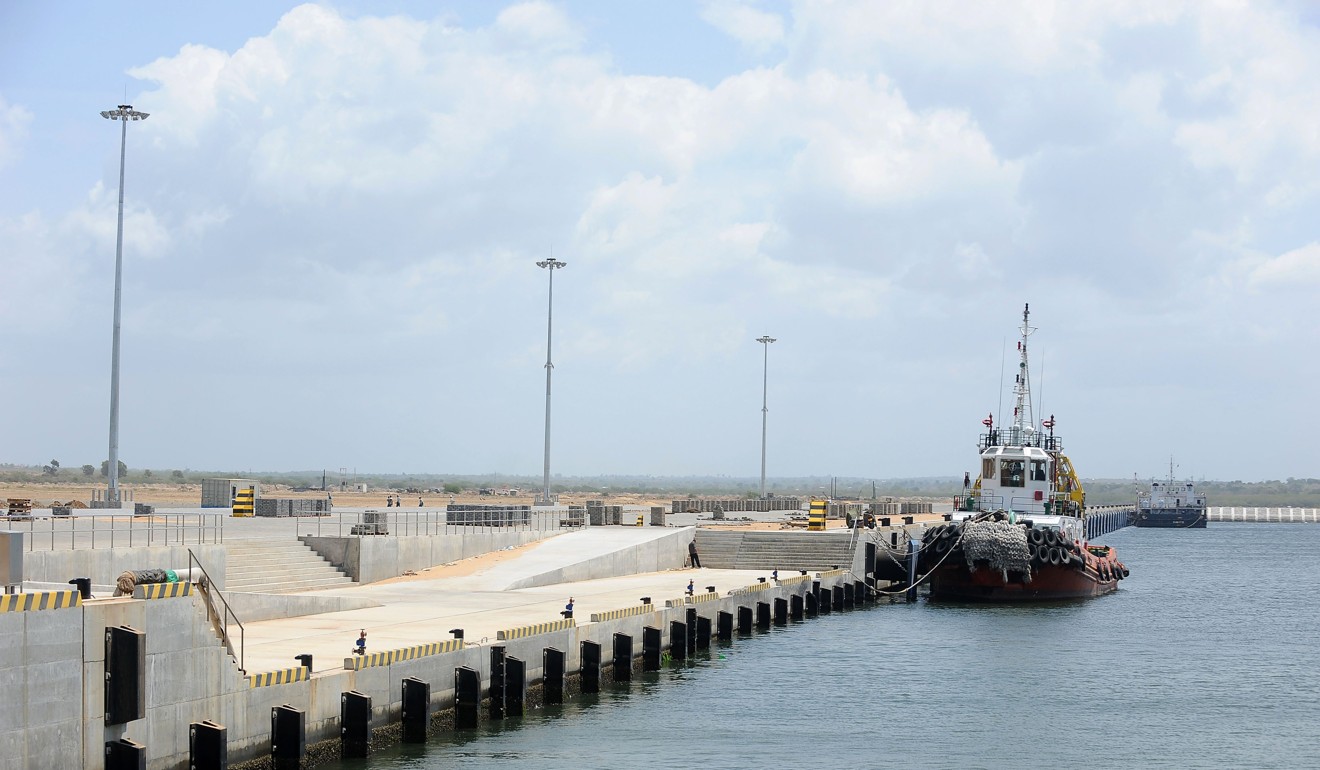
“In Sri Lanka’s case, over-dependency on China forced Sri Lanka to simply give that facility to the Chinese. The same could easily happen here in Cambodia,” he said.
Continue reading
